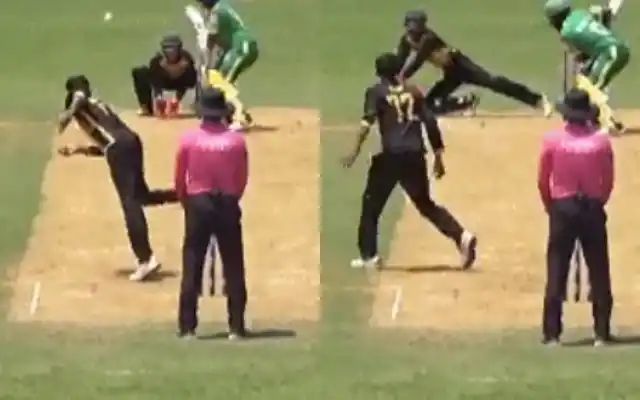In the ongoing Cricket World Cup Challenge Playoff in Kuala Lumpur, Malaysia, and Vanuatu were taking on each other in the final group game.
The match not only stirred controversy but also sparked a debate on the ethics of cricket. Malaysia’s offspinner, Vijay Unni, whose deliberate wide in the game’s crucial moments, intended to manipulate the net run rate (NRR), cast a shadow over the tournament’s integrity.
With the scores tied and victory within grasp, Malaysia opted for an unorthodox strategy. Unni’s wide ball ensured Vanuatu’s win but aimed to preserve Malaysia’s NRR advantage, a critical factor for advancing to the Super Six stage. This calculated move, while within the rules, highlighted a loophole in the tournament’s regulations that many argued compromised the spirit of the game.
Malaysia captain Virandeep Singh accepted of deploying the dubious tactic stating, “We did what we had to do” in the post-match interview.
Despite Malaysia’s efforts to secure their progression through such tactics, the outcome was not in their favour. Tanzania’s victory over Bahrain later in the day meant that Malaysia was eliminated from the tournament, with Bahrain, Tanzania, and Vanuatu advancing from Group B.
In a later statement to Cricbuzz, Vanuatu Cricket President Mark Stafford said” [there’s] no need for a knee-jerk reaction to a tactic that may have been used by many other teams. Not my idea of the proper way to play, Vanuatu would not have contested the outcome of a match that was played within the established laws of the game.”
The incident has ignited a wider discussion on the integrity of cricket’s playing conditions and whether current rules adequately protect the game’s ethics.
